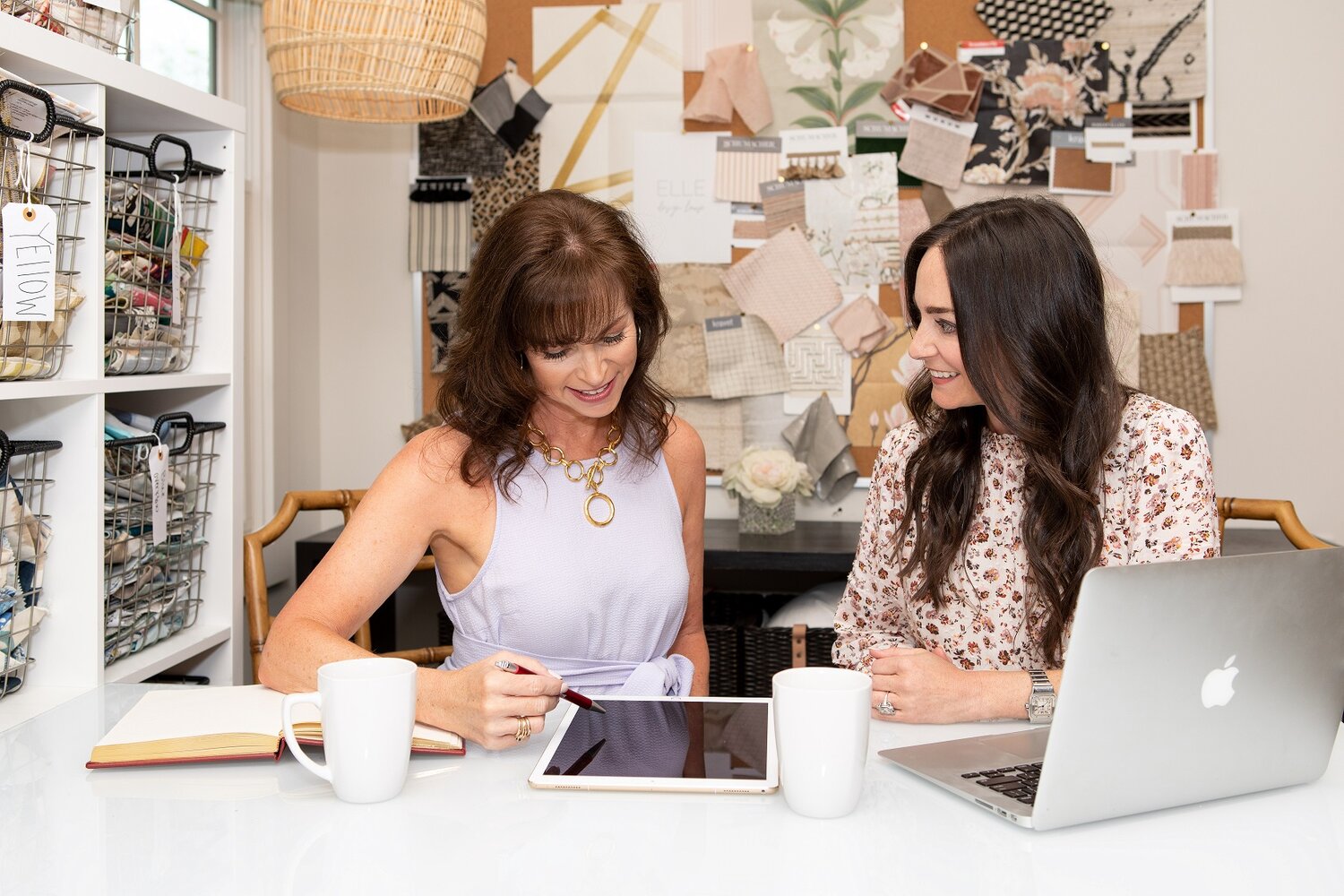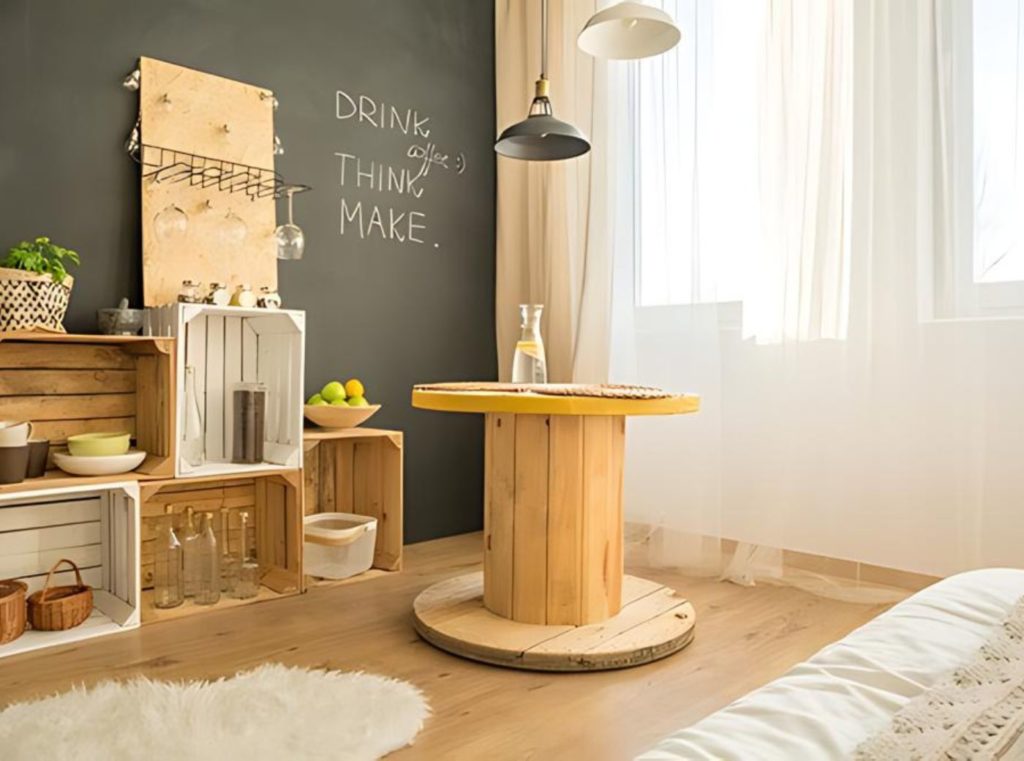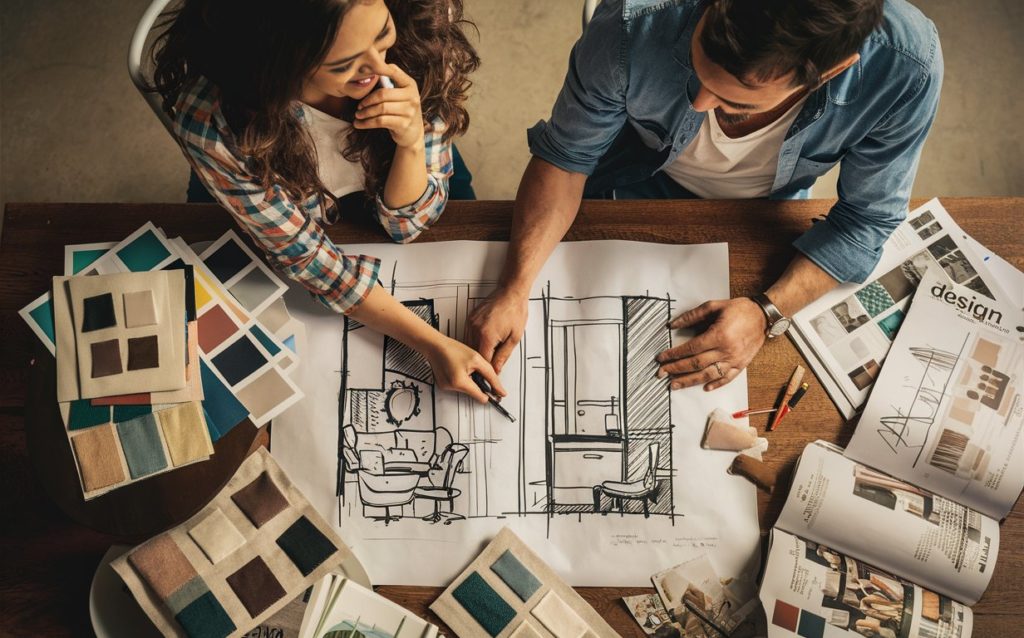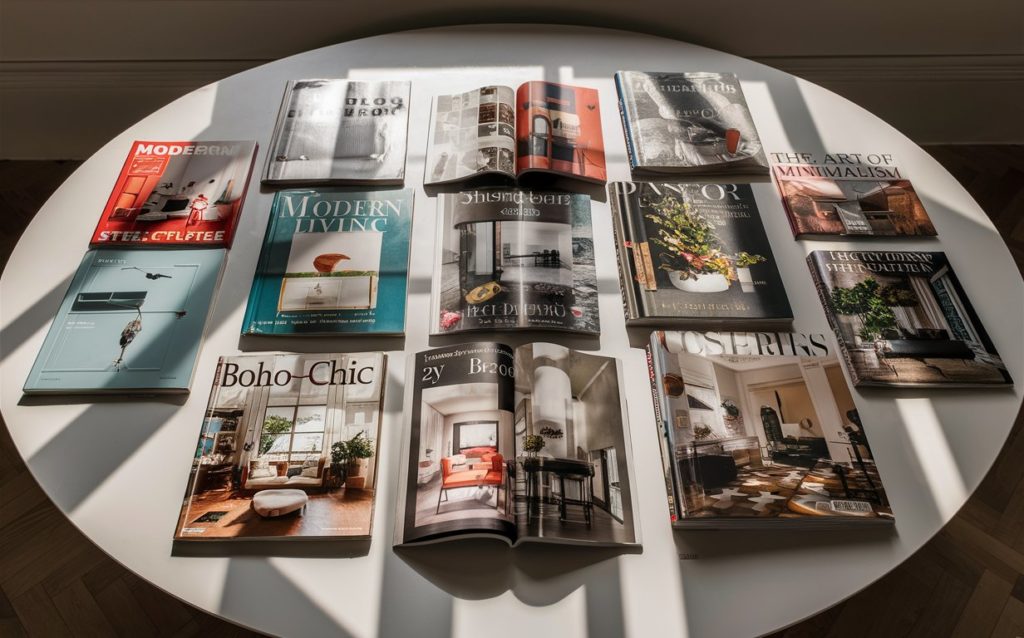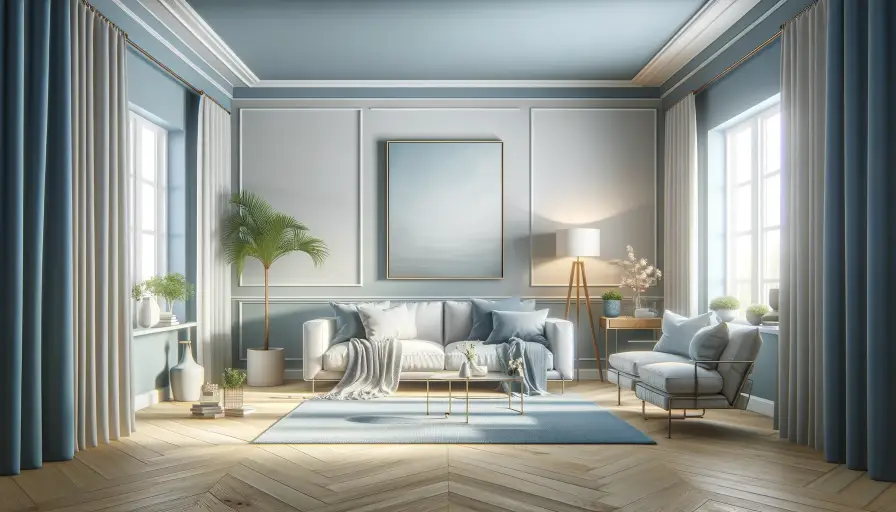Importance of a Good Mindset for Interior Designer
The mindset influences personal or professional success. What you think about consecutively has a direct impact on your behavior, and the mindset has a primary distinction on what becomes successful or not. Developing healthy self-esteem must start with one feeling one is capable of succeeding regardless of what others perceive. It’s more of internal dialogue of how one perceives and evaluates their self-worth.
It leads to engraining and framing one’s self-concept. The mindset influences one’s daily self-dialogue, reinforces personal beliefs, attitudes, and feelings about ourselves. There is a positive correlation between mindset and behaviors. Therefore, planting seeds of inspiration rather than criticisms and doubt is essential.
Formulating a winning perspective comes by attaching meaning to events and circumstances. The mindset is wholly dependent on view. Sometimes foundational beliefs, attitudes, and biases naturally affect how one processes information and experiences. The philosophy is also critical to driving, and harnessing drive enables one to achieve goals.
Regardless of the plans, one wants to achieve, adversity is bound to creep in. However, developing a thick skin enables one to learn to face the challenges head-on. Goal setting is a multi-faceted process, and achievement is the apparent indicator of success. Developing a growth mindset rather than a fixed mindset is therefore essential.
Read also – How To Become An Interior Designer?
Image Credit: scarletthreadconsulting.com
10 Tips on Thinking Like a Successful Interior Designer:
1. Assertiveness
To be a successful interior designer, one has to be assertive. Assertiveness is a powerhouse and creative force. You have to believe you are a beast in your field worthy of success, intelligent, strong, brave, and capable.
2. Emotional intelligence
It is typically the capacity to be aware of the control and expressing emotions by handling interpersonal relationships judiciously and empathetically. One can be termed as having a developed emotional intelligence when they are aware of their strengths and weaknesses in their design work, aware of others, and practicing quality relationship management. Developing one’s self-awareness makes it easier to evaluate the type of clients needing their design tips and templates for their living room in New York.
Emotional intelligence enables one to understand emotions, mood boards, use and manage them positively to relieve stress, communicate effectively, empathize with others and overcome challenges while diffusing conflicts. One will be inclined to choose clients that align with their values and what they want rather than selecting them out of fear. One will not be afraid that if they do not specify a particular client, they may not have a job to do in their design firms or meet their expenses and continuity of their own business.
Read also – How To Get Interior Design Clients For Your Business?
3. Write those values down
It is critical to know your values and goals and put them in writing as an affirmation. Establishing your goals will direct you on the directions to undertake and measures to weigh if you are meeting them or not. In the process, you will learn to decipher your clients and choose the ones that align with your values to avoid clashing and having unfulfilling experiences in your online interior design school.
4. Shun scarcity thinking
When you have your values directing you, differentiating worthy clients is more accessible. You do not need to stay in unhealthy relationships hoping the client will refer your business to other clients. Scarcity thinking may tempt you to lower your standards and offer your ideas at subsidized or no costs.
Establishing boundaries will avoid clients underpaying your services or paying out of your established ways or, as stipulated in the contract, paying a certain percentage as a down payment for the work. It is also essential to be assertive that releasing an adverse client is not a loss but a reward for amazing clients.
5. Ask the right questions
Before carrying out any interior décor or interior designing tasks, ask many questions to get a feel of the client’s needs and goals. It is essential to think of the functions of the room and where to start when planning. Consider how best to use the space and all that is required. Imprint your vision for the rooms considering what is already available and create a realistic budget. Ask for opinions from the clients to gather adequate information even on social media that factors all sides.
Read also – Interior Design Client Questionnaire
6. Dream, sketch, design
Even when designing on a budget, check out home design sites like Pinterest to acquire the right ideas for your designs, color palettes, color schemes, building codes, and interior décor. Have a sketchbook, write down your thoughts, print out photos, and attach them to your dream board. Alycia Wicker, an interior decorator has designed it for her design industry majoring in interior design courses for her interior design clients using different colors and DIYs for home decor ideas.
7. Take
It is essential to remain within one’s design aesthetics, but borrowing from other avenues is advisable when there is an inspiration deficit. You can choose a varying theme and complement by using makeover accent pieces that make statements. You can as well seek different opinions from friends and incorporate them before targeting new clients for your small business offering interior design services.
8. Mix styles
Spur your creativity by mixing different elements. Using color palettes, hues, and décor that are different yet complementing each other is a brilliant way to add life to space. A room with more natural light, for example, can be completed by nautical and Moroccan styles. A mix of classics and contemporary brighten the spaces and adding chicness to your interior design project.
9. Let your feelings rule
Consider the purpose of the room and how you want the users to feel. Do you want them to have a warm feeling or a light and fairy one? Then incorporate your interior decor and complement it with the details of the rooms in line with your interior design job. When you find designs that do not align with your feelings, you can re-assess and factor in the changes.
Read also – How Much Do Interior Designer Make?
10. Handle the complex tasks first
Start with the complex projects first when you are energized as you move to the more straightforward tasks. The projects may be involved in terms of being time–consuming or expensive. The complex functions will set the tone for the remaining space.
Distinguishing a worthy client is a craft that any successful interior designer must know. When dealing with a great client, you will naturally feel the connection. It will be mutual, and you will both get value for your money and efforts. A great client is respectful of your time, open to your ideas, and sticks to the arrangements. A good client will respect your pricing, and where they feel it’s beyond their budget, they will communicate effectively and reach an agreement. They are also generally lovely people, and they tip their vendors.
Good clients understand the cost of things and will not underprice your work as they have good taste and understand the amount of effort required and materials to use. They may have possibly had an interior designer before and thus, know the value of the work. It is also easy for them to make up their mind as they know what they are looking for.
Read also – Interior Design Fees
Habits of a Successful Interior Designer:
Successful interior designers stand out in several qualities, including style, talent, and experience.
1. Know your client
Interior designing will obligate an interior designer to physically visit their client’s home or the premise that requires their support. In the process, they may understand the client’s preference and personality. However, they need to understand what the client is looking for. Whether it’s updating an existing aesthetic or revamping their décor. Therefore, taking time to understand the customer’s needs is essential in meeting their needs.
2. Carefully select your products
An interior designer needs to select projects based on compatibility, and they need to get all the specifications right before beginning the task. One does not need to take upon a project that does not meet their design style simply because a client likes their job. It’s wise to pass it on to another interior designer whose design style meets the customer’s requirements. In turn, the interior designer will be saved from wasting their time and frustrations from not meeting the client’s expectations.
Read also – What Does An Interior Designer Do?
3. Learn, learn, learn
To be successful, it’s essential to have a progressive mindset rather than a fixed one. Every experience should be a learning process. Great designers are constantly learning about their craft.
4.Take breaks
It is critical to take time to unwind and ease the burnouts. Burnouts have a negative affinity to creativity and productivity. Taking time to explore various locations can spur creativity. It is also essential for your mental health and overall wellness.
You can take time to connect with family and friends or other designers as you will discover new ways of doing things. It is an efficient way to know what the interior design world is evolving in terms of styles and preferences.
5. Be the boss
One has to wear different hats and be able to perform different roles done by the team. Do it regularly to show your team their parts are essential and how to do them efficiently. Bosses are responsible for the overall health of a company.
Regularly taking different roles helps establish the root cause of problems and solve them before they escalate to unresolvable issues. Performing various functions from being the boss enables the team to gain ownership and breaks the walls between employees and the boss.
Read also – Best Interior Design Communities
6. Take notes
As technology is evolving, it is an excellent culture to jolt down everything and maintain proper records. Jolt everything from meetings to phone calls and text messages. Writing helps your subconscious mind to retain information and creates space for other activities. Good records also act as a shield in case anything happens to a project.
7. Seek to advise
The most successful interior designers acknowledge they do not know everything and lower their ego to seek guidance from other interior designers. You can learn a lot by working for other designers as it will mentor you. Seek out mentorship on running a business and ways of developing your craft. There is so much untapped wisdom from others that can enable one to build and build their legacy.
Read also – Lead Generation for Interior Design Business
8. Boldness
Confidence and boldness revolve along around one’s beliefs. One may have solid interior design skills yet struggle in having a CEO mindset. For an interior designer to be taken seriously and convert their hobby into a profession, it has to begin with their mindset.
One can learn to change their doubts and fears into gratitude and solutions. Your body language during a design presentation can portray your confidence in how you sound and feel. Body language such as standing up, walking, and carrying yourself shows your confidence level and drive.
9. Embrace power beliefs
You can negate doubt and negative self-talk by affirming positive words on the insecurities you have. Negate the fear of failure and rejection by demonstrating you are enough and capable. Internalizing that your worth does not come from what you accomplish but rather from what is within you helps establish positive esteem and helps in being resilient in facing setbacks.
You should not be doing interior design to prove a point but rather because you enjoy the job, you are passionate about it, and you prefer spending time doing it.
Read also – Financial Management for Interior Design Business
10. Client-centered
Sometimes doubt creeps around, and you are tempted to focus on your skills, experiences, and whether you are up for the task. It may push you to procrastinate your work or deliver below your abilities. However, you need to focus and channel your energies to the client and not on yourself.
Build a Successful Business With the Right Interior Design Software
Having the right business tools will make each stage of the interior design process simpler and more efficient. Foyr Neo is a powerful interior design platform built with you, the designer, in mind. Take design ideas from concept to a photo-realistic rendering in just minutes with a suite of advanced tools, including:
- The ability to choose from thousands of preloaded items like furniture, plants, accessories and much more – or upload your own 3D models to create the exact look your clients want.
- Produce 4K, photo-realistic renderings on demand.
- Advanced lighting options and visualization settings.
- Real-time 3D editing capabilities.
By combining the functionality of multiple tools in one platform we empower designers to spend less time with software and more time with their clients. You can try Foyr Neo free for 14-days now and experience the power of limitless design.



